

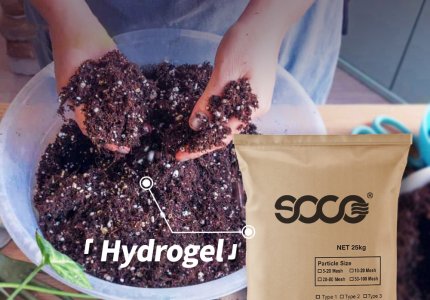
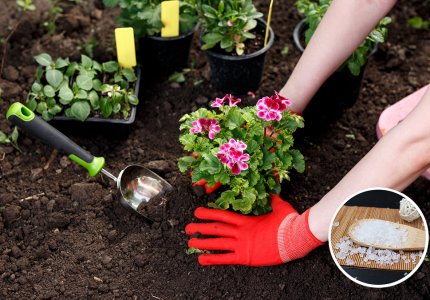
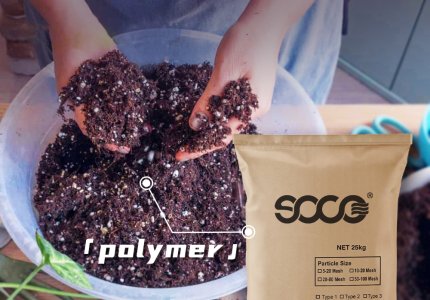
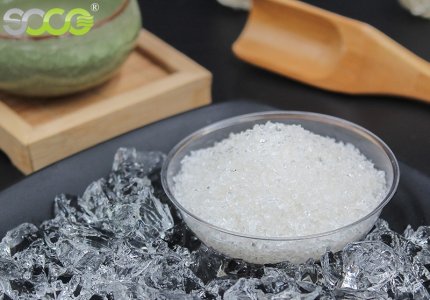
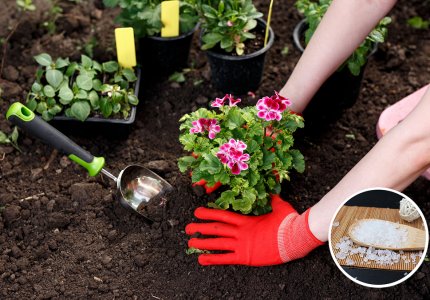
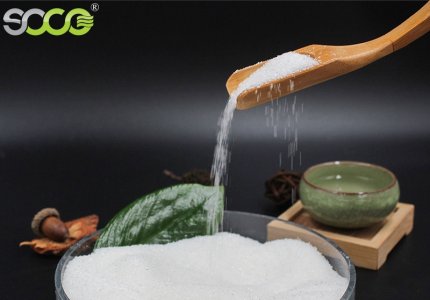
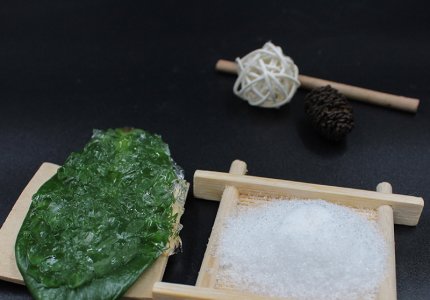
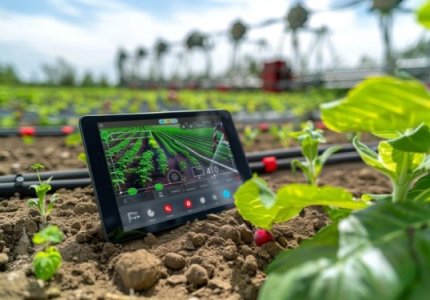
Superabsorbent polymers (SAPs) help combat water scarcity in agriculture by absorbing and slowly releasing water, cutting irrigation needs by 30-50% while boosting crop yields by 15-25. SOCO develops eco-friendly SAPs, including fertilizer-infused and biodegradable options, to enhance drought resistance and sustainable farming.
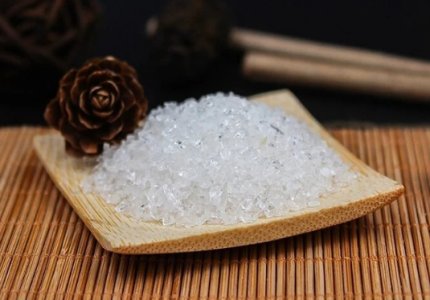
The super absorbent polymer (SAP) contributes to solving moisture problems in various fields. Super absorbent resin is a polymer material that absorbs water hundreds to 1000 times its own weight and does not release water even under certain pressure.
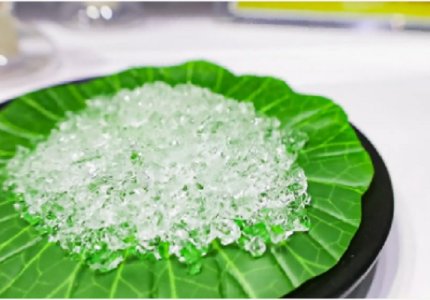
Super Absorbent Polymer (SAP), also known as super absorbent material, is a type of polymer that can absorb and retain large amounts of water. Its unique water-absorbing and retaining properties make it widely used in agriculture, medicine, environmental protection, and other fields. With continuous technological advancements, the market demand for super absorbent polymers is increasing annually, especially in emerging fields such as the application of agricultural SAP, which is bringing more innovation and opportunities.
No.51-2, Wuyang Road, Qingdao, China